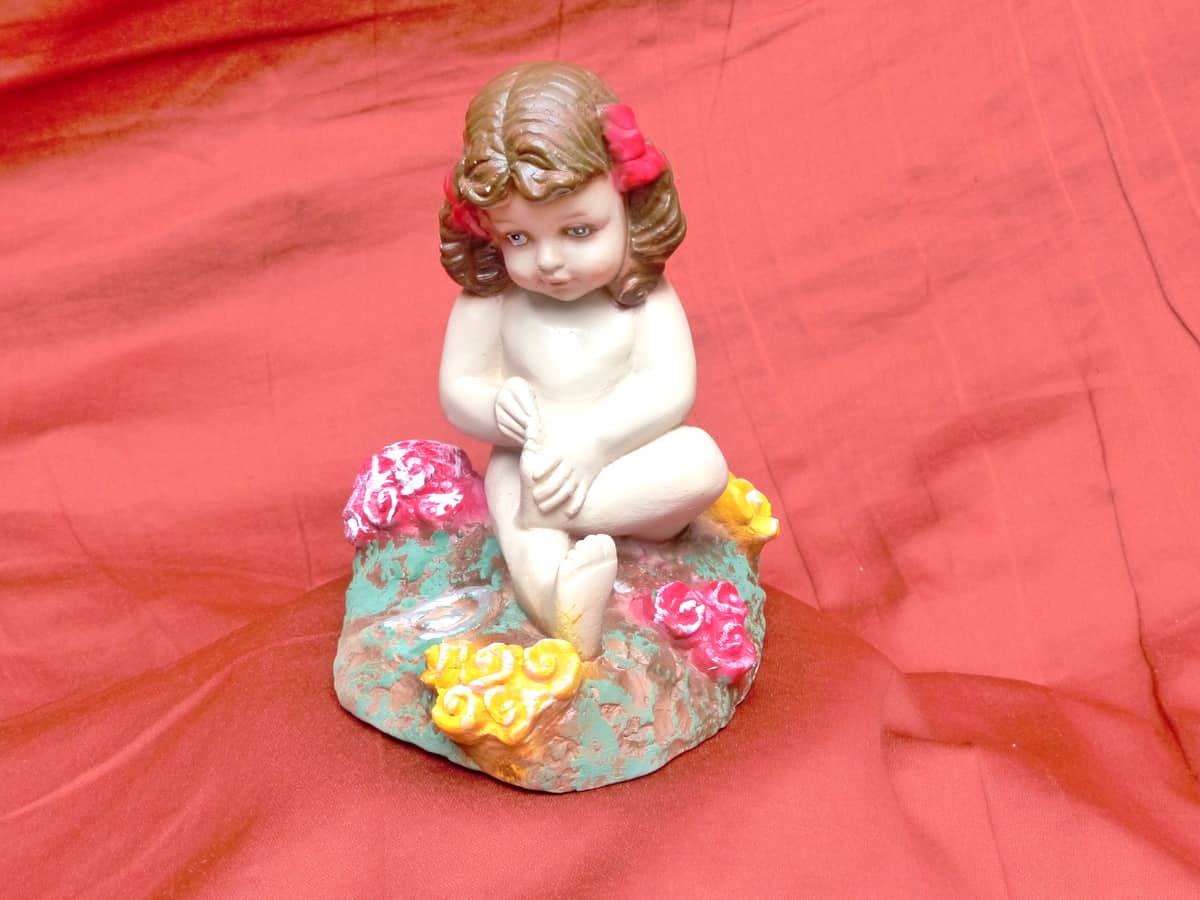Agüizotes are the folk beliefs, small superstitions or minor brujería (witchcraft) of Costa Rica. Dionisio Cabal Antillón, the noted cultural journalist, calls them the magical roots of Costa Rica. They encompass all aspects of life: love, death, birth, luck, and the small daily annoyances that plague us all.
One saying goes, “Para la suerte y la muerte, no hay escape” (For luck and death, there is no escape). Escape may be well beyond our mortal powers, but it is altogether human to try to bend luck in our favor.
For those empiricists who refuse to believe in anything beyond the world they feel to be scientifically validated, the appropriate Tico saying is, “No hay que creer, ni dejar de creer” (It is not necessary to believe or disbelieve).
The agüizotes of Costa Rica vary widely by region, ethnic group, age, and even by family. The daily La Nación did supermarket interviews about them one December and found a wide variety of family New Year practices involving food, herbs, and spices.
There are countless Costa Rican agüizotes and few Ticos would be familiar with all of them. Many are practiced with multiple variations. Here are some examples:
Knock on Wood – This is attributed, in both cultures, to the Christian cross, made of wood. It likely goes much further back to the animistic belief of spirits residing in trees. If you are really serious about it, you will knock three times (Trinity?). Interestingly, in Spanish you will also say, “Machalá,” an Arabic word meaning, “Dios no lo quiera” (God forbid). There are many such words in Spanish left over from the almost 800 years that the Moros, Berbers from Northern Africa, occupied at least some part of Spain.
Scissors or a Blade – At one point, I realized I had brought more knives than I needed for my culinary pursuits. I tried to give one to some close friends who ordinarily love all things kitchen. However, they refused it, explaining that sharp gifts “Se corta la amistad” (cut the friendship). They accepted it on long-term loan, mine to reclaim whenever I wish. It is also bad luck to leave scissors open.
Love – Any magic worth the name must have the power to call up love. There are a number of spells for this, but a love potion can easily be concocted by boiling the undergarments of the supplicant. The resulting liquor is slipped into a beverage and given to the object of their desire.
Unwelcome Guests – To cut short a bothersome visit, simply place a broom, upside down, behind the door.
Dancing with Priests – An unmarried woman who dances with a priest will remain single to dress the saints.
Noxious Animals – Poisonous snakes will be calm and cooperative in the presence of a pregnant woman. Spiders are good luck and should not be killed. Rub your hands in your armpits and you can safely remove a wasp nest.
New Year Charms:
- This is to ensure that food not be lacking in the coming year. On December 31st you should cut a loaf of bread, stuff it with beans, rice, sugar, cinnamon and a pinch of salt, tie it with a red ribbon or string and hang it in the corner of the kitchen.
- On New Year’s Eve you should ask thirteen people for a coin of the same denomination. This brings good luck.
- To realize a desired trip in the coming year you should pack your suitcase with personal items and carry it around the neighborhood at midnight on the 31st.
- On the 31st or the 1st, collect a bouquet of Santa Lucia flowers (a small purple flower that grows at altitude). This ensures work in the year to come.
- For good luck, on New Year’s Day you should wear something yellow. Some people consider underwear the more potent charm.
This may not be a topic that everybody will be comfortable talking about. Nobody wants to be seen as superstitious, much less a communicant of the dark arts.
Gently ask your Costa Rican friends what they do in the way of New Year traditions. Then try explaining your lucky shamrock key chain, that Saint Christopher medal in your car, and the Kitchen Witch over the sink.






